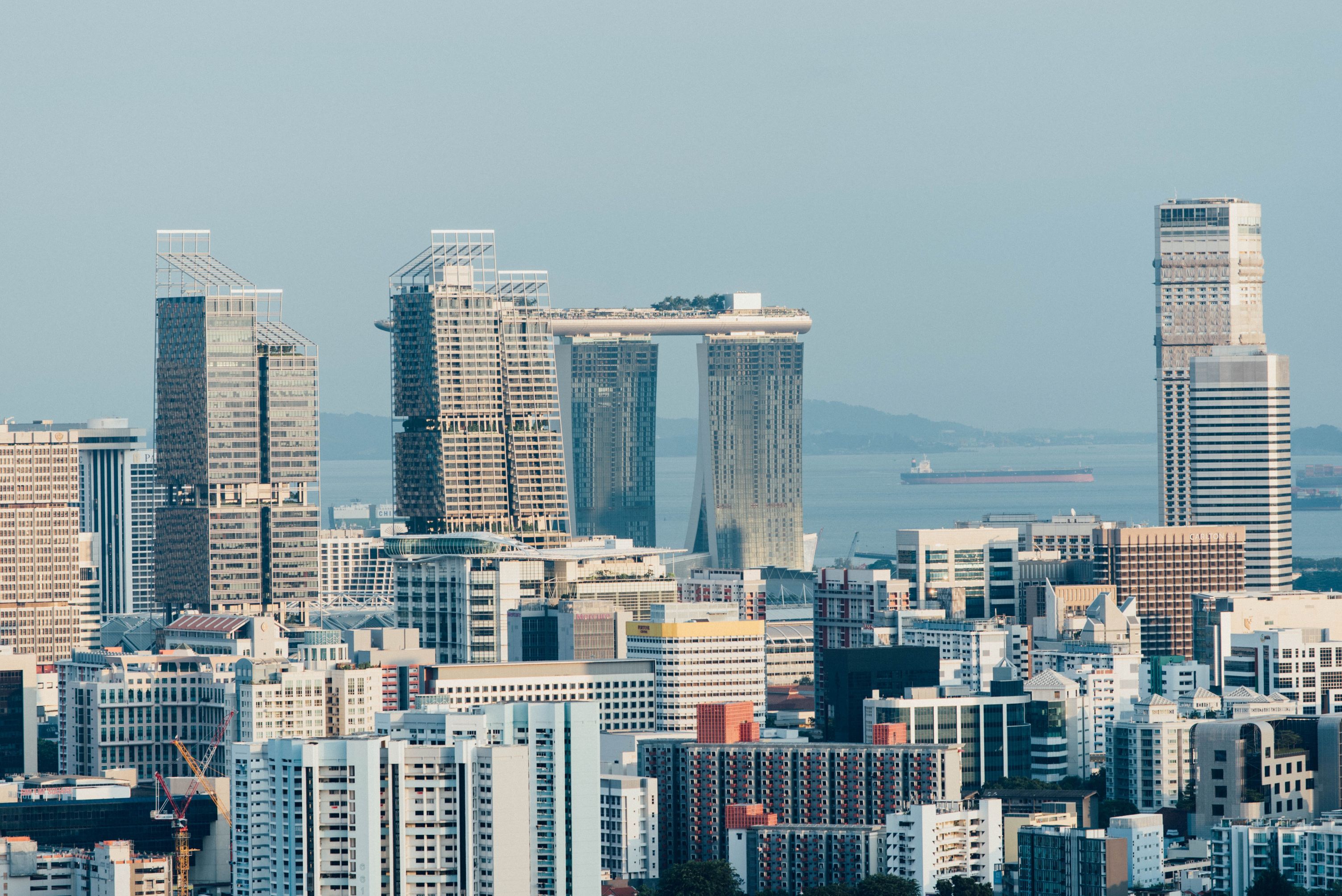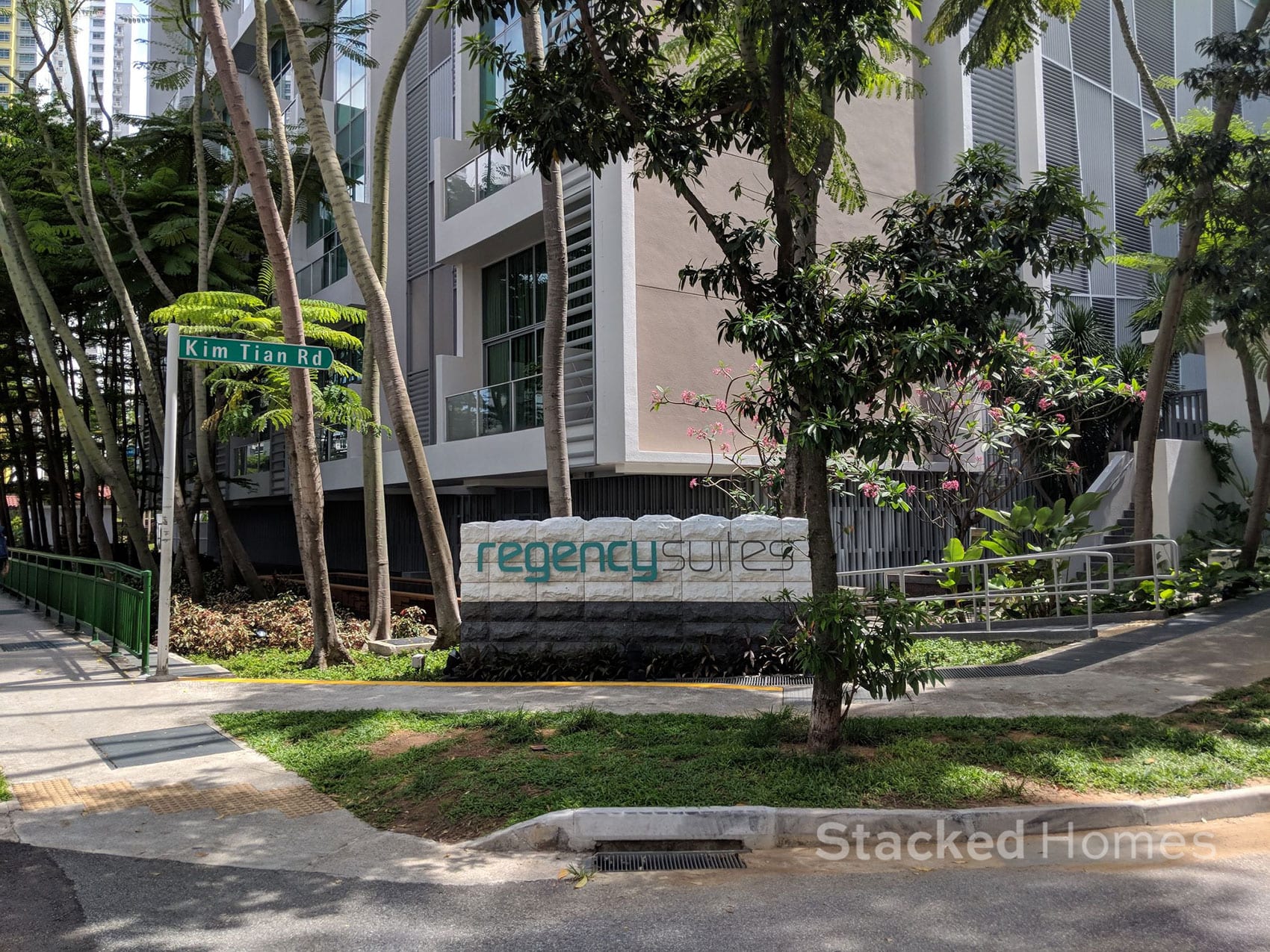Downpayment for condo in 2020: How much do you have to save exactly?
May 26, 2019

Buying your first home in Singapore is always going to be an overwhelming experience. Especially when Singapore is one of the most expensive places in the world for real estate. Plus the thought of committing yourself to a very long term mortgage is enough to scare anyone off. The truth is, buying a home will always be a heavily contemplated decision, even for seasoned investors. This isn’t really a surprise as the property rules in Singapore are ever changing, with cooling measures being announced or cut out making it easy to be inundated with it all.
So before you start your journey into buying a home in Singapore, it is wise to prepare yourself with the financials of it all. For the fortunate few among us who are looking to buy a condo as their first home, let us begin with the downpayment for a condo.
So many readers write in because they're unsure what to do next, and don't know who to trust.
If this sounds familiar, we offer structured 1-to-1 consultations where we walk through your finances, goals, and market options objectively.
No obligation. Just clarity.
Learn more here.
Downpayment for condo: How much cash do I need?
Now, if you were to refer strictly to the downpayment for a condo, it is simply 25%. This is based on the LTV (loan-to-valuation) that is currently capped at 75% for your first property. So for a million dollar condo, you would have to splash out $250k as a downpayment. 20% of which can come from your CPF and a minimum 5% cash ($50,000).
Downpayment for condo: 25% ($250,000): 5% cash ($50,000) + CPF ($200,000)
Remember, the 20% from your CPF OA can be a mixture of CPF and cash – depending on how you want to allocate your funds.
Alas, if only it were actually that simple, it would be the end of this article.
But it never is that easy in Singapore because you still have to account for your BSD (buyer stamp duty) and TDSR (total debt to servicing ratio).
Many people only think about the minimum 5% cash that they need to save, but they always forget about the stamp duty as well. For first time buyers, the buyer stamp duty rate is calculated in several tiers:
| Purchase price of property | BSD rate |
| First $180,000 | 1% |
| Next $180,000 | 2% |
| Next $640,000 | 3% |
| Remaining amount | 4% |
Example, for a $1 million property, the buyer stamp duty that you will have to pay would be:
1% of $180,000 = $1,800
2% of $180,000 = $3,600
3% of $640,000 = $19,200
Total BSD payable = $24,600

Homeowner StoriesFirst time home buyer in Singapore: Our first viewing at Regency Suites
by JaredA quick tip for properties below $1million: (3% x purchase price) – $5,400.
As an example for a $900,000 property, your buyer stamp duty calculation will look like this:
3% x $900,000 = $27,000
$27,000 – $5,400 = $21,600
You can use your CPF to pay for the BSD, but you will have to pay in cash first, then get reimbursed from your CPF.
Lastly, the most important part about securing the amount you have to save for your downpayment for your condo is dependant on your TDSR. Calculating your TDSR is pretty simple, you would just have to total up your monthly debt and divide it by your base salary.
For example, if you are earning $6,000 a month and you have a car loan of $1,000 a month, your debt to income ratio would be 16% ($1,000 / $6,000). This means you would not be able to borrow as much as you would have without your car loan as any borrowing of money would have an impact on your TDSR.
Because the TDSR restricts your loans to 60% of your monthly income, this also means that your downpayment needed for your condo could be higher depending on how much you earn.
Conclusion
Now that you know how much cash you will have to effectively pony up for your first home, you can plan better and not look around mindlessly. Remember that while property is an asset, you should still exercise prudence with your decisions and not overcommit!
At Stacked, we like to look beyond the headlines and surface-level numbers, and focus on how things play out in the real world.
If you’d like to discuss how this applies to your own circumstances, you can reach out for a one-to-one consultation here.
And if you simply have a question or want to share a thought, feel free to write to us at stories@stackedhomes.com — we read every message.
Stanley Goh
Stanley loves crunching numbers in excel and analysing them. Naturally, he helps Stacked Homes generate articles based on his analysis as much as he can. When he's not using Excel, he enjoys watching movies and eating chocolates.Need help with a property decision?
Speak to our team →Read next from Property Advice

Property Advice We Sold Our EC And Have $2.6M For Our Next Home: Should We Buy A New Condo Or Resale?

Property Advice We Can Buy Two HDBs Today — Is Waiting For An EC A Mistake?

Property Advice I’m 55, Have No Income, And Own A Fully Paid HDB Flat—Can I Still Buy Another One Before Selling?

Property Advice We’re Upgrading From A 5-Room HDB On A Single Income At 43 — Which Condo Is Safer?
Latest Posts

Singapore Property News This Tampines EC Will Preview on Friday — It Is One of Two New ECs in the East in 2026

Property Investment Insights This 55-Acre English Estate Owned By A Rolling Stones Legend Is On Sale — For Less Than You Might Expect

Singapore Property News I’m Retired And Own A Freehold Condo — Should I Downgrade To An HDB Flat?





































2 Comments
condos are way too expensive in singapore. 25% downpayment is just crazy don’t you think? in this climate, i hope this rule is relaxed back to 20% at least. unfortunaetly the low interest rates now means must be much more careful.